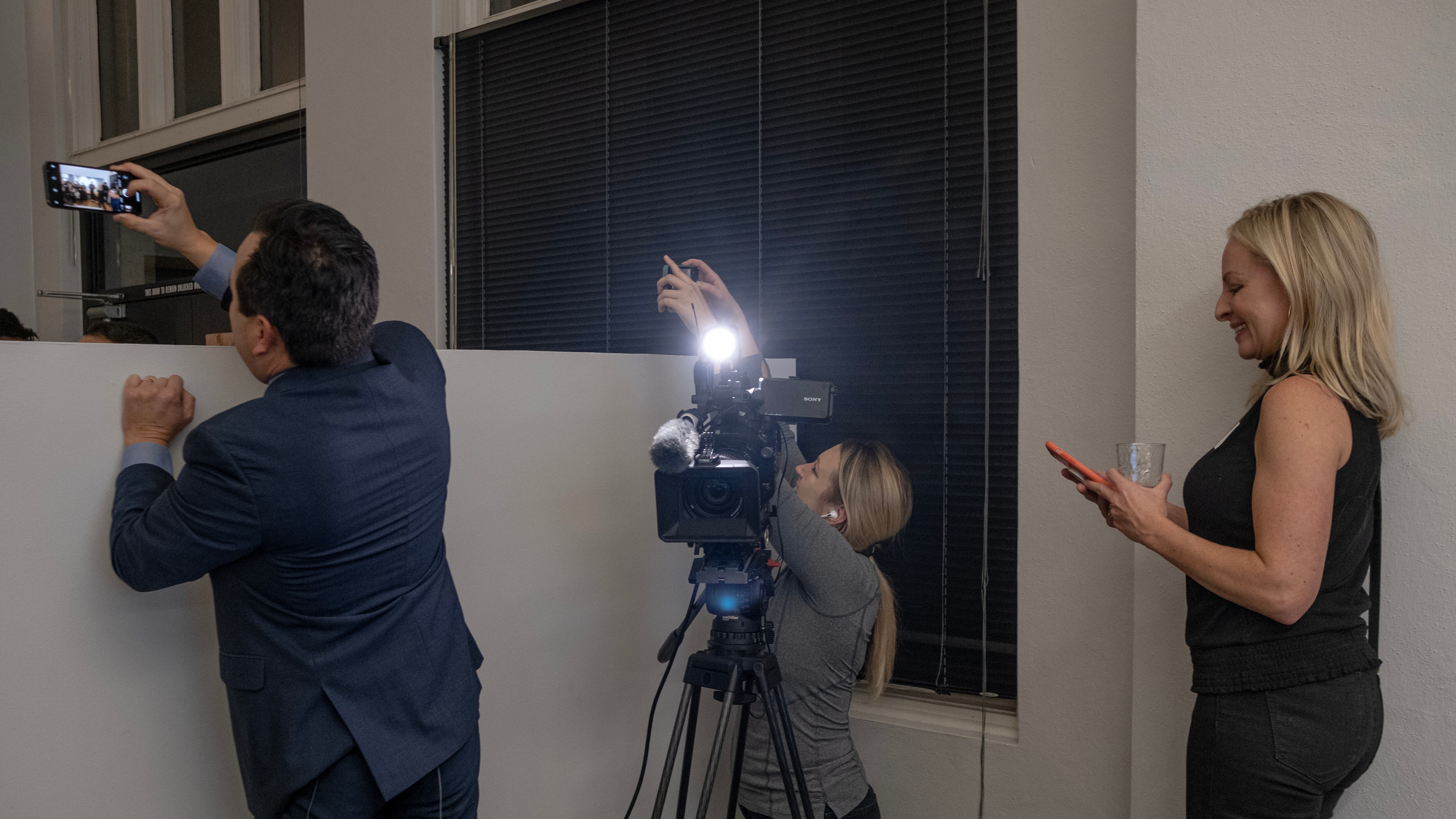Amid a cash crunch limiting the matching taxpayer dollars candidates for Portland City Council and mayor can receive for the November election, the city’s Small Donor Elections program is exploring how it can make its rules less stringent around in-kind contributions.
In a survey sent to candidates June 21, the director of Small Donor Elections, Susan Mottet, asked candidates how they felt about increasing the ceiling on in-kind contributions from outside organizations.
In summary, the questions asked whether political committees and organizations should be allowed to give more than $10,000 in in-kind contributions, and for a wider variety of services, such as campaign materials and paid staff time, without endangering a candidate’s eligibility for the program. It also asked whether the definition of a small donor organization—which is currently defined as a nonprofit or political committee funded 90% or more by contributions of $250 or less—should be altered to include organizations that are mostly funded by contributions of $350 or less.
The survey comes as candidates—both for mayor and City Council—grumble about Small Donor Elections’ caps on how much in taxpayer dollars it can give each candidate. As WW has previously reported, the Portland Elections Commission had to lower the program’s maximum match to $125,000 each for City Council candidates—down from $300,000 in previous election cycles—and from $750,000 to $100,000 for mayoral candidates.
Already, some City Council candidates are bristling at the notion of any changes to the program whatsoever. District 3 candidate Jesse Cornett has asked his fellow candidates to sign a letter by Tuesday at noon declaring that changing the rules so late in the game is a mistake.
“Collectively, we do not think changes should be made. The game has started. We are well past half time and it is far too late to change the rules,” Cornett wrote. “We will learn much from it. Everything you suggested could/should be considered in the future, when it is implausible there will ever be this many candidates attempting to use the program, and prior to 80 candidates already having learned and abided by the rules.”
Cornett encouraged Small Donor Elections to seek private funding to boost its budget.
“The City Council chose to starve this program of funding but the law allows the Small Donor Fund to accept private money,” Cornett wrote. “Please seek it before it is too late. Failure to do so will have an enormous impact on the outcome of this election, and have a permanent impact on our dear City of Roses.”
Amy Sample Ward, chair of the Portland Elections Commission, which oversees Small Donor Elections, tells WW the commission did discuss seeking private funding for the program, but didn’t feel it was “viable.”
“We at one point in our discussions asked, what would it look like to have philanthropic support for the program? Ultimately, we want the program to be a sustainable part of our city governance. Finding a path with philanthropy didn’t feel like something that could be immediate or quick,” Sample Ward says, “or something that could be sustained. It didn’t feel worth moving on.”
